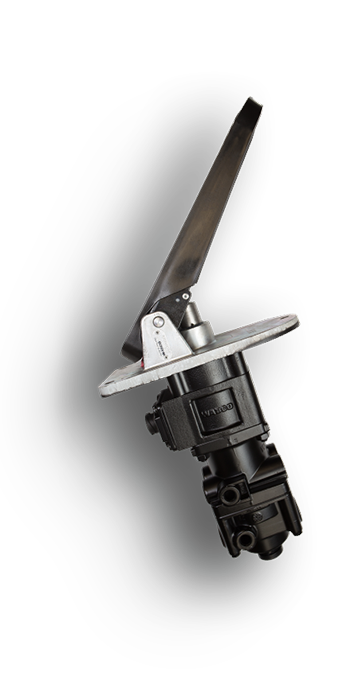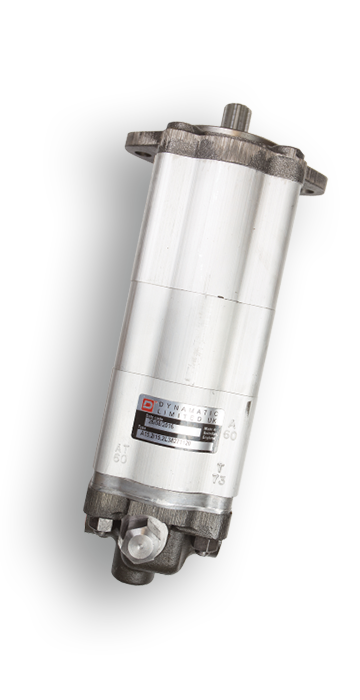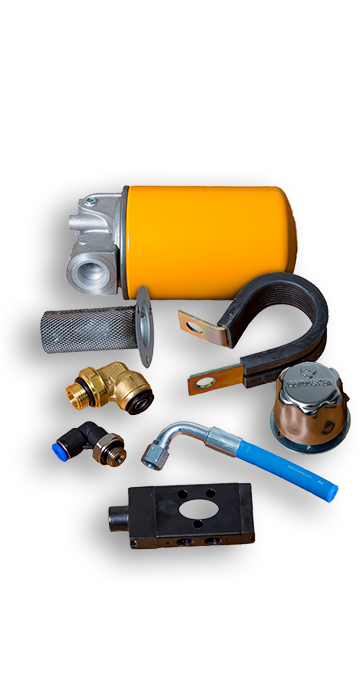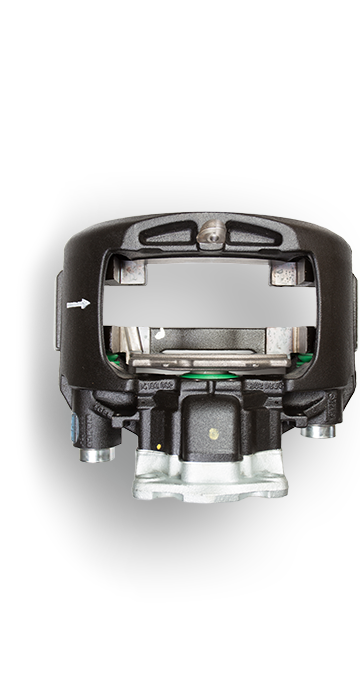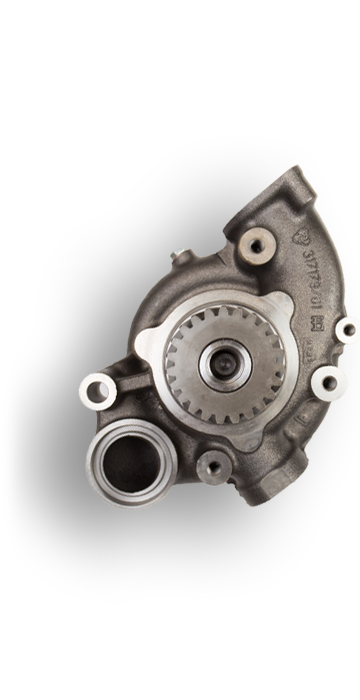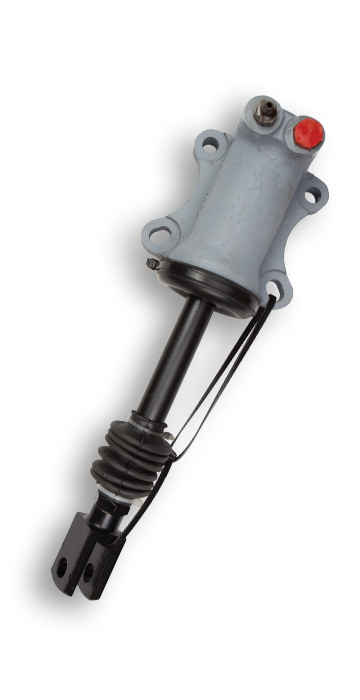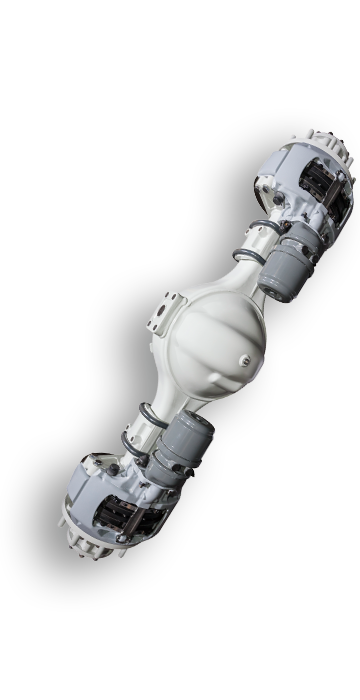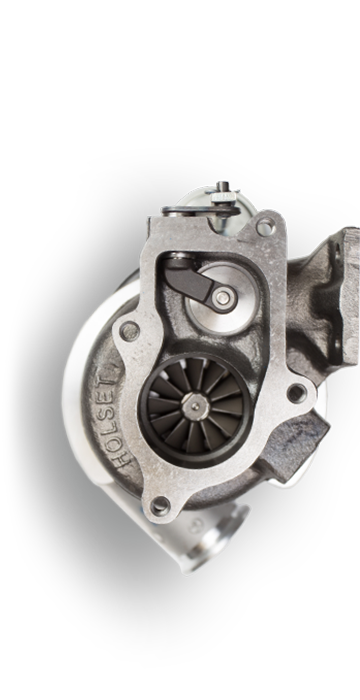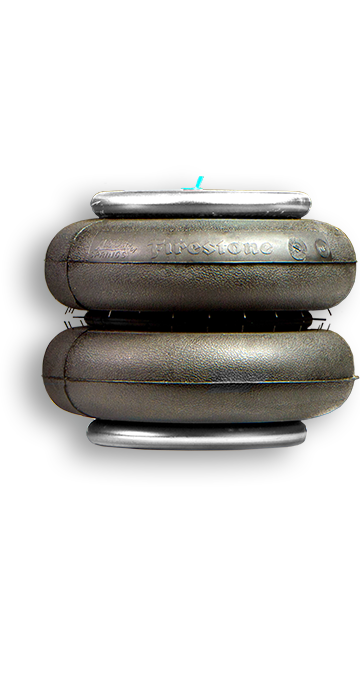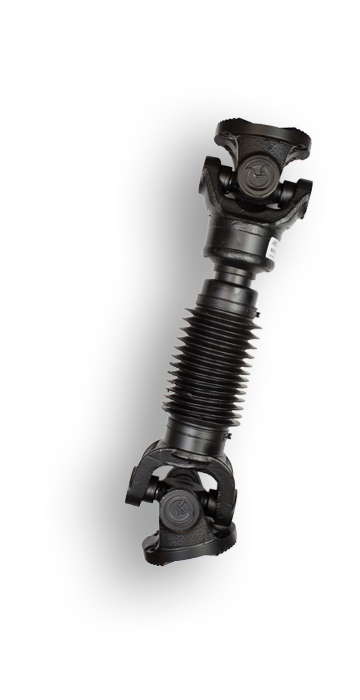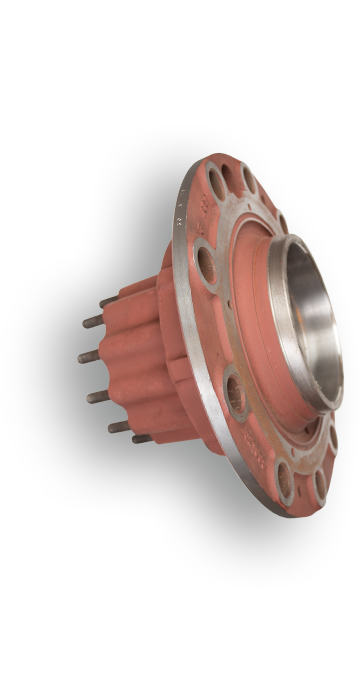Air filtering technology
One of Imperial Engineering’s major customers for bus parts, The Go-Ahead Group, is to trial new air filtering technology on some of its fleet during 2020, as part of a sector-wide initiative to reduce PSV pollutants in towns and cities.
Designed to strip air pollutants from the atmosphere whilst driving, the single-decker models are fitted with an air filtering system consisting of three fans on the roof that suck ultra-fine particles and dirt (known as PM10) into special filters.
The Go-Ahead Group
Go-Ahead Group’s ‘air filtering buses’ will be deployed in Brighton, Manchester, Newcastle, Oxford, Plymouth and Crawley from early summer for an extended trial period. Their roll-out follows a launch in Southampton last year, which found that a single bus could remove as much as 65g of pollutants from the air during a 100-day period. This was equivalent to the weight of a tennis ball, as a result of filtering 3.2 million cubic metres of city air in that time. The company plans to add five more of the vehicles into Southampton this Spring, covering an entire city centre route.
David Brown, Go-Ahead Group’s chief executive, said: “We want to play our part in tackling the crisis in urban air quality and show that buses can be integral to cleaning up our cities. Our air filtering system has exceeded all expectations in how it can benefit the environment and it builds on our track record as operating one of the UK’s greenest bus fleets. We believe the Air Filtering Bus provides a ‘quick win’ for councils as they explore initiatives such as Clean Air Zones to tackle toxic pollution.”
Elsewhere, the government has recently announced England’s first town to have all-electric buses will be created through a £50m fund. Local authorities have been invited to bid for money to help pay for a new fleet of electric buses. The Department for Transport said that the winning town would be used as a model to ensure all buses are fully electric by 2025. The government is also putting £20m towards trials of on-demand buses, which can be ordered through an app. Such services are designed for rural or suburban areas where passenger demand doesn’t justify having fixed routes permanently in place. An ‘Uber-style’ bus service already operates in Oxford and Liverpool. However, despite making 250,000 journeys since the service was launched in 2018, Oxford Bus Company said “it is still challenging to operate on a fully commercial basis”.
With mounting pressure on councils across the country to improve air quality by reducing traffic related pollution, it is clear that the bus industry is being proactive on a number of fronts to make a difference to air quality. John Dwight, Sales Director of Imperial Engineering, which supplies OE bus parts to Go-Ahead Group, said:
“It’s great to see new technology such as Go-Ahead’s air filtering bus being trialled as this will only help improve public perceptions regarding PSV travel, where there is a definitive benefit to passengers and wider society. As a market leader in the supply of brand new parts to the bus and coach sector, Imperial Engineering continues to develop its product range, which will ensure we respond efficiently to changes in the operator market with the uptake of more ULEV and zero emission bus models.”
